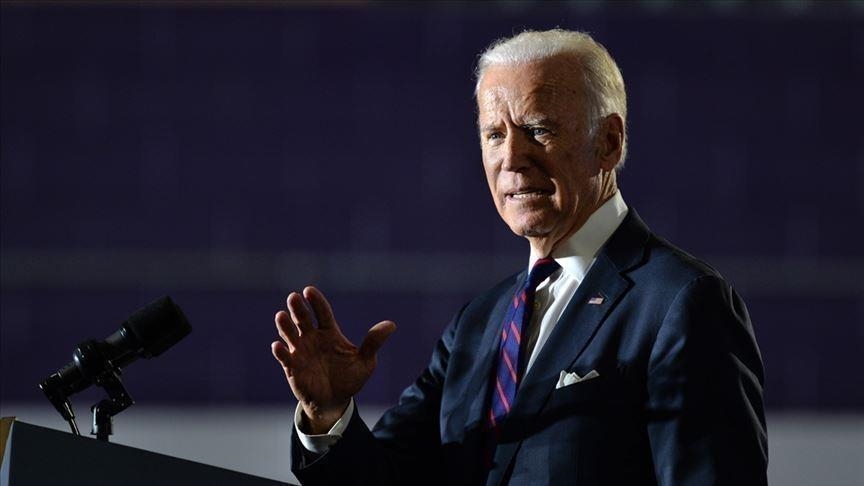Libya Destroys Chemical Weapons, U.S. Ends Travel Ban
Inspectors from the Organization for the Prohibition of Chemical Weapons (OPCW) had arrived in the country to oversee their destruction of more than 3,000 unfilled chemical bombs.
Although the bombs are unfilled, the OPCW claimed that they had been intended for delivering chemical weapons.
The organization’s team will carry out an inventory of all munitions before inspecting the “irreversible” destruction, Reuters reported.
“This is a very positive step and a confirmation of Libya’s intention to actually get rid of prohibited weapons,” the organization’s director-general of the Technical Secretariat Rogelio Pfirter.
The organization will receive the remainder of a list from Libya by March 5 and will then organize the destruction of all remaining alleged chemical weapons and related facilities.
The Chemical Weapons Convention was opened in January 1993 for states that agreed to abandon these weapons. One hundred and sixty states have signed so far.
The convention was closed to new signatories in 1997, but Libya has asked the United Nations whether it may also sign, according to the BBC News Online.
Inspectors from the International Atomic Energy Agency have already begun overseeing the dismantling of Libya’s nuclear weapons program.
Travel Ban Scrapped
The move came after the United State rescinded Thursday, February 26, a travel ban enforced since relations with Tripoli broke off in 1981, allowing U.S. citizens to use their passports to travel to or through Libya and spend money there.
U.S. President George W. Bush also authorized U.S. firms with pre-sanction holdings in Libya to resume business there, and invited Tripoli to lay the groundwork for eventually normalizing relations by establishing a diplomatic interests section – but not an Embassy – in Washington.
Doing so will help “facilitate our cooperation in the elimination of WMD and to lay the foundation for more extensive diplomatic relations in the future,” White House Scot McClellan was quoted by Agence France-Presse (AFP) as saying.
The United States, in turn, will beef up its staff levels at its interests section in Tripoli, and explore cooperation on humanitarian issues, starting with a U.S. medical mission that heads to Libya February 28.
Oil Hopes
The lifting of the ban on travel has raised the American oil companies’ hopes of resuming business in the oil-rich Libya.
American oil firms banned from pumping their Libyan wells since 1986 by U.S. sanctions are to hold talks with Libyan officials on possible future business, the BBC News Online said after the news.
The Oasis group of firms with stakes in Libya’s Waha field is to send a team to Tripoli in the next few days.
“Our return to active participation in the Oasis group’s Waha concession area remains dependent upon further authorization from the U.S. government,” said ConocoPhillips in a statement.
The third U.S. member of the Oasis group is Marathon Oil Corp. The Libyan National Oil Company holds a majority stake and has continued to operate the wells since 1986.
Britain and the U.S. announced late Friday, December 19, that Libya had agreed after nine months of discrete diplomacy to scrap programs to develop weapons of mass destruction “immediately and unconditionally”.
The United States hailed such steps as “serious, credible and consistent with Libyan Leader Muammar Gaddafi’s earlier pledges.
“More remains to be done,” the White House said on Thursday, with no elaboration.



